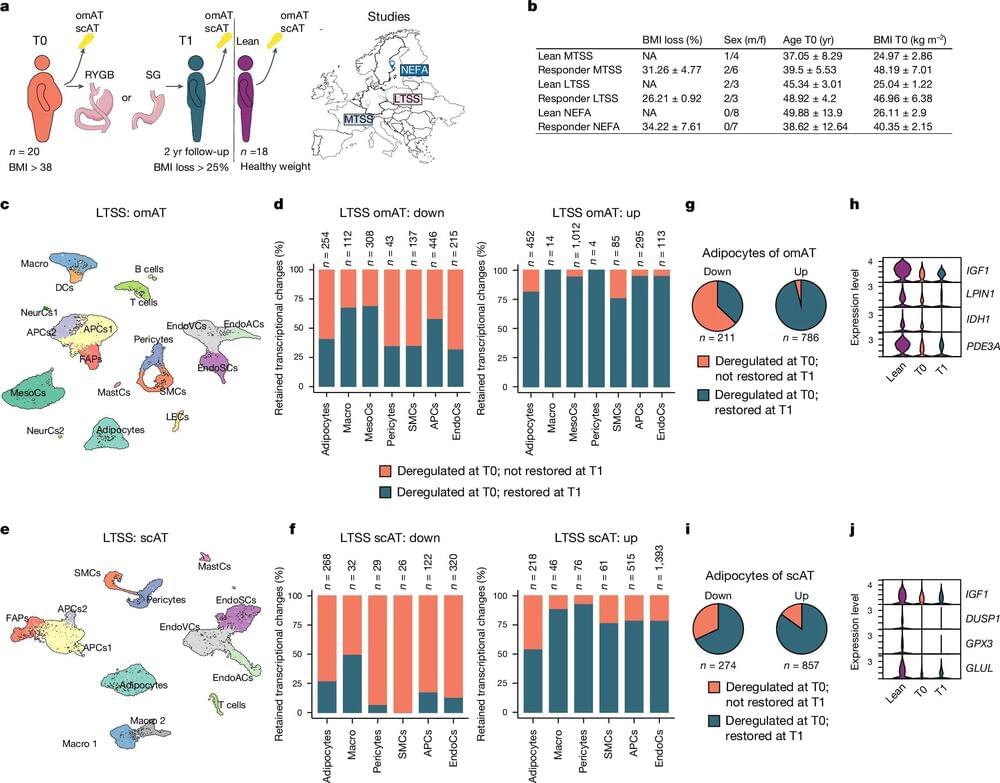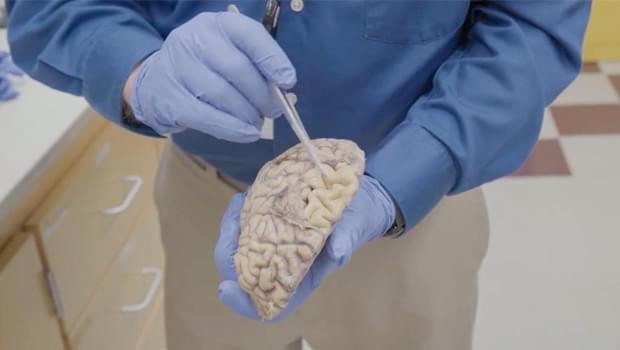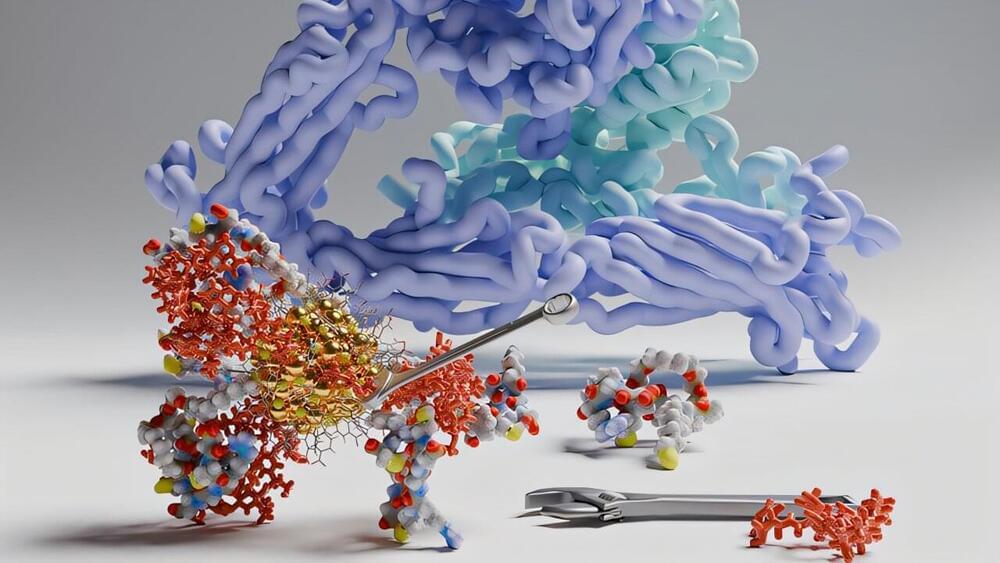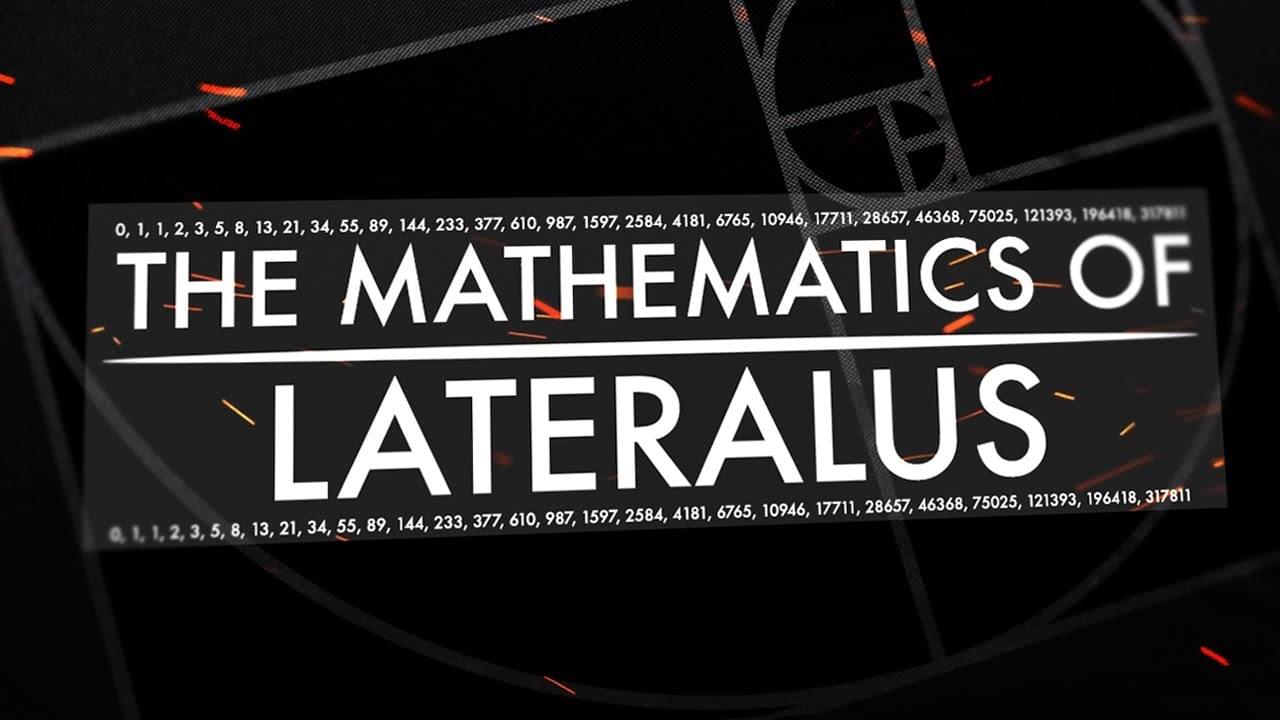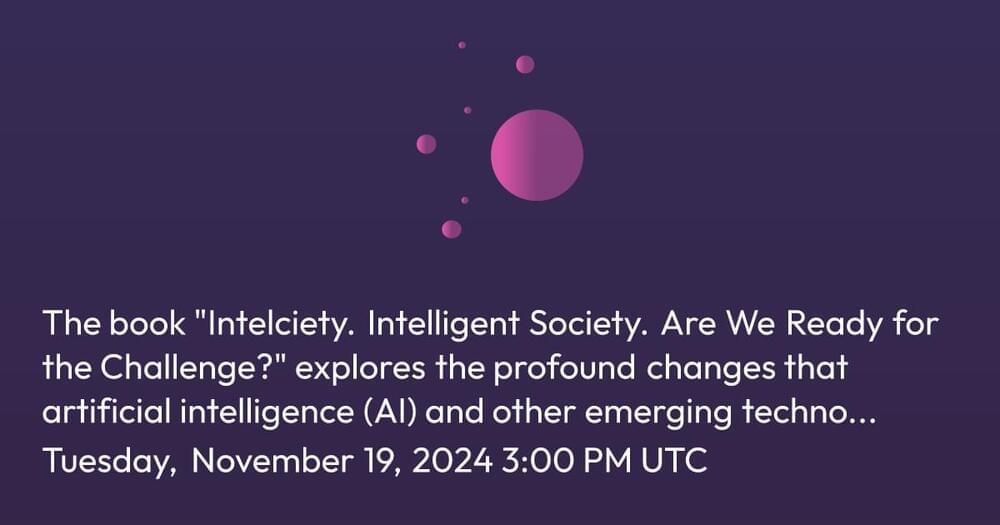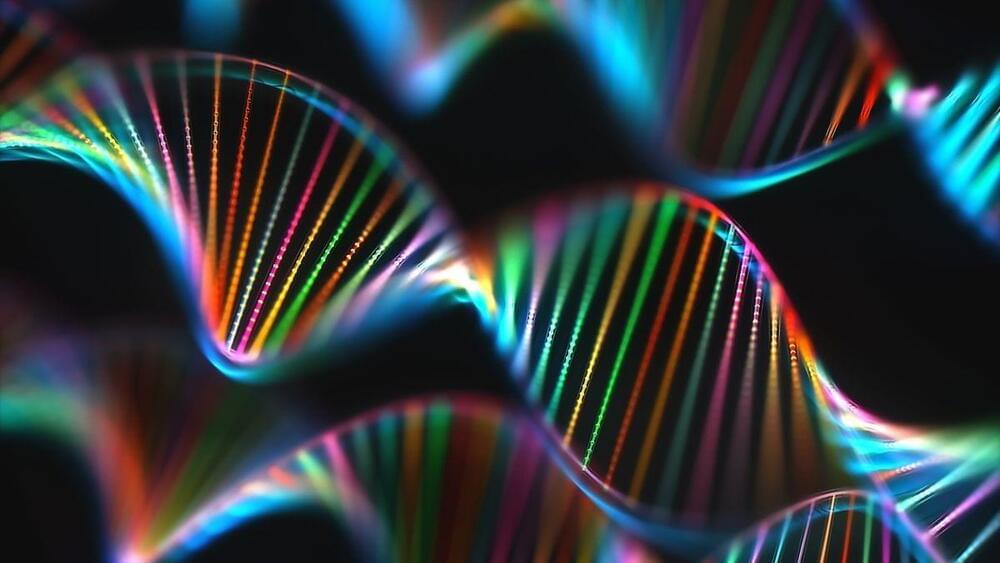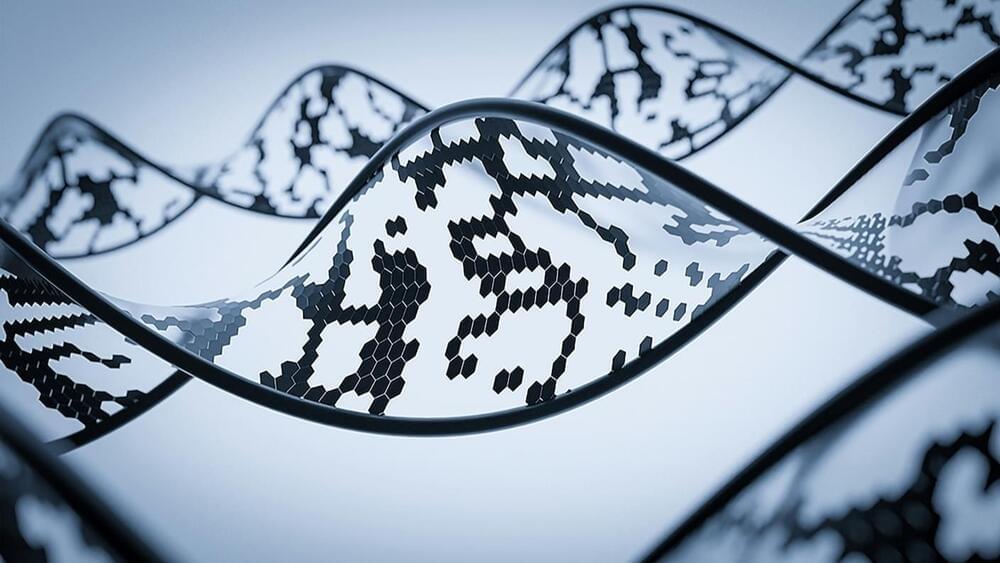Nov 18, 2024
Fat cells have epigenetics-based memory: Researchers discover mechanism behind weight loss yo-yo effect
Posted by Cecile G. Tamura in categories: biotech/medical, chemistry, genetics, health
Can weight loss leave a lasting imprint on our fat cells?
Losing weight is often touted as a cornerstone of better health, particularly for people dealing with obesity and its associated health risks.
Anyone who has ever tried to get rid of a few extra kilos knows the frustration: the weight drops initially, only to be back within a matter of weeks—the yo-yo effect has struck. Researchers at ETH Zurich have now been able to show that this is all down to epigenetics.
